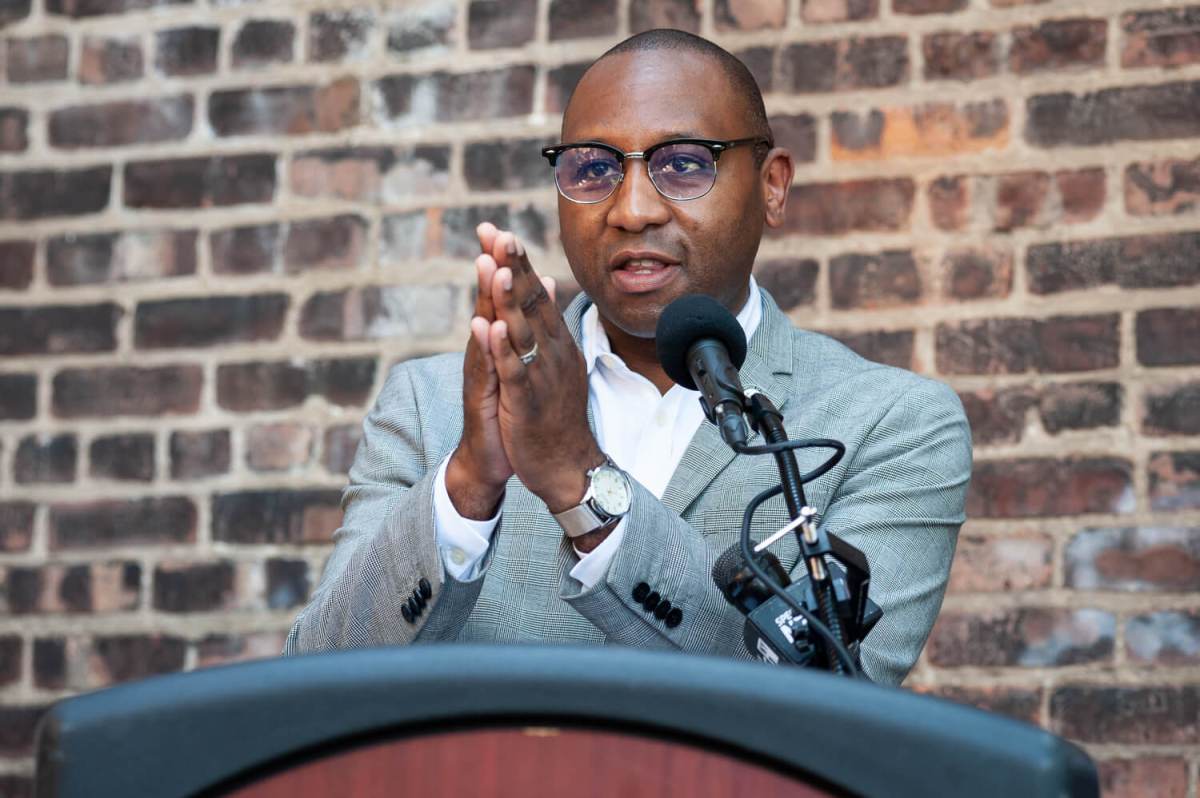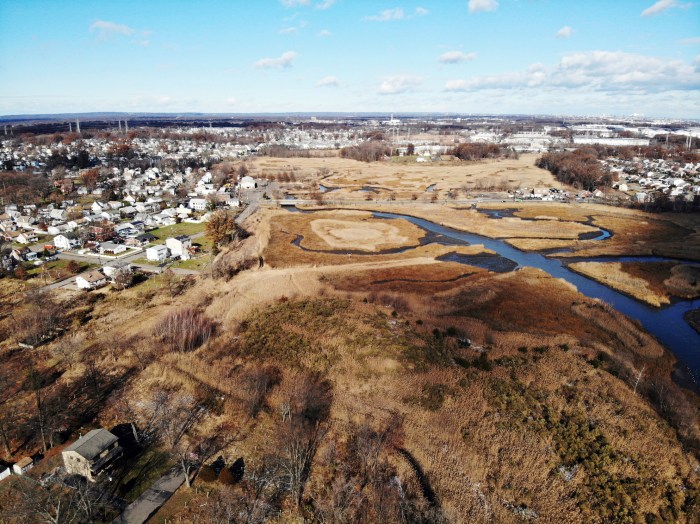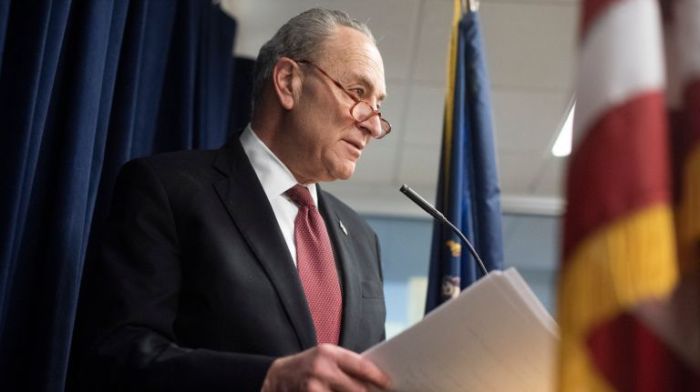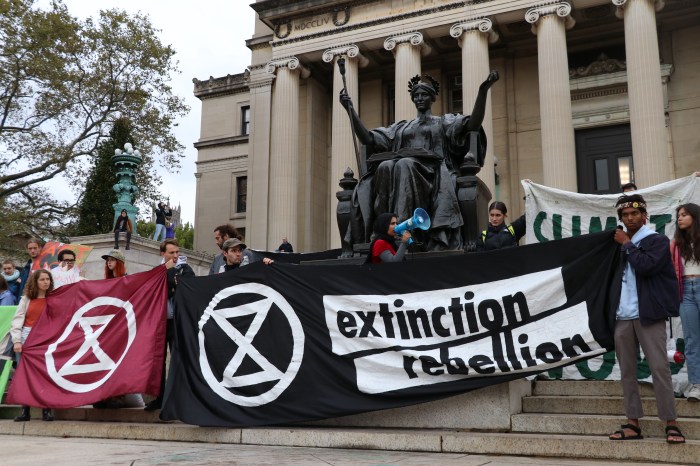It’s climate week, and Mayor Bill de Blasio’s office rolled out on Wednesday several initiatives to attempt to lead the country in safe climate practices.
“Today we announced the single largest investment in electric vehicles in New York state history,” de Blasio said at a Sept. 22 press conference.
The city will invest $75 million in electric vehicles and making vehicle charging stations available throughout the city. The mayor said there will be 275 fast electric vehicle chargers, which are seven times faster than regular chargers.
“That’s going to be a game-changer for so many New Yorkers who want to go electric,” de Blasio said.
In a press release, Ben Furnas, the director of the Mayor’s Office of Climate and Sustainability, said that climate change is a generational crisis. “We are ending the age of fossil fuels,” he said.
“These transformative investments to bring clean electricity into New York City will clean our air, create great jobs, and protect our planet,” Furnas continued.
The city will partner with the Clean Path NY project and Champlain Hudson Power Express project to invest $460 million in funds bolster the community with green energy jobs as well as “realize habitat restoration and improve the environmental footprint of buildings in disadvantaged communities,” the release reads.
There will also be two new transmission lines that will connect New York City to electricity from water, wind, and solar, which is the beginning of lifting the city’s dependence on fossil fuels.
De Blasio also highlighted the likely improvement in air quality once they start converting vehicles to electric.
“Right away we’re converting 125 diesel-powered trucks to electric … and we’re buying 78 hybrid electric ambulances for the FDNY,” the mayor said.
Queens Borough President Donovan Richards, the former chairman of the City Council’s Environmental Protection Committee, joined the mayor to discuss which communities will benefit the most from these initiatives.
“We feel the biggest brunt of climate change when it happens, we have the plants in our neighborhoods,” Richards said.
Many communities of color, he said, have higher rates of asthma and other medical issues because of dependence on fossil fuels. Black people are 40% more likely to have asthma than white people, and three times more likely to die from asthma-related causes.
“That we now will wean the cities of vehicle fleets, or fleet off of fossil fuels is huge because these communities that are communities that are impacted by asthma,” Richards added.




































